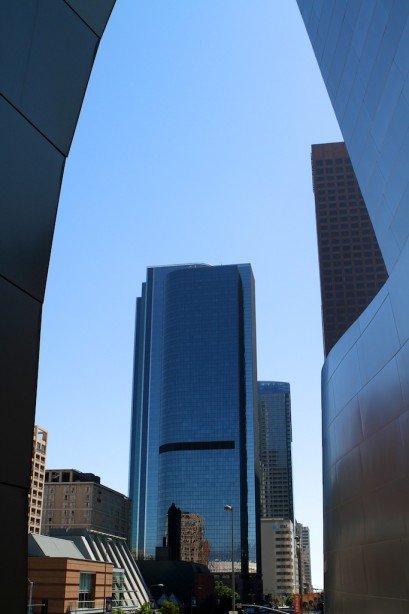In my last blog post, How to Beat Procrastiholism, I argued that, primarily, we should think of work as something we are instead of something we do. We sometimes try to derive meaning from our work instead of realizing that work has meaning because we have meaning. The worker gives work value, not the other way around.
In this blog post, we are going to focus on organizational culture and how it is influenced by a leader (or leaders). However, if we look deeply enough into the culture of an organization, we will find a problem similar to what we saw in the last blog post -- the culture shaping leaders instead of leaders shaping the culture.
I will continue to argue (1) that leaders as entrepreneurs are the main architects of culture, (2) that after cultures are formed, they influence what kind of leadership is possible, and (3) that if elements of the culture become dysfunctional, leadership can and must do something to speed up culture change. -- From Edgar Schein?s brilliant book, Organizational Culture and Leadership.
When we examine the cultures of organizations we usually find that, in the beginning, leaders are, as Schein says, ?the main architects of culture.? A leader, just by being himself, can?t help but shape the unwritten dictates of his company in the beginning. However, once the organization is humming along efficiently, we often find the leader?s embedded reflection in the culture has miraculously come to life and has more than a minority vote in how things are done.
For a business or an organization that is attempting to be a Kingdom Outpost, a place where the Kingdom of God can reign, even organizational culture must be subservient to the King. But how does an organization attempt to clear space for the reign of King Jesus to penetrate and even subsume existing organizational culture?
There are many avenues an organization can go down to influence culture toward a Kingdom Outpost orientation; but, as Schein argues in the quote above, leaders can and must be the ones to initiate this process. Schein goes on to say, ?The bottom line for leaders is that if they do not become conscious of the cultures in which they are embedded, those cultures will manage them. Cultural understanding is desirable for all of us, but it is essential to leaders if they are to lead.?
All of this reminds me of a couple famous quotes by Walt Kelly, the first profound and the other humorous.
We have met the enemy and the enemy is us. ? Walt Kelly
Often leaders are under the illusion they are still influencers long after they have become influenced. Leaders who once embedded culture with themselves often now find themselves embedded in culture. (TLI Tweetable - Click to Tweet)
This is the same age-old problem humanity itself has fought against for eons. We human beings (I?m even including leaders here, much to the chagrin of many employees) live under the illusory belief we are in control. We naturally then look outside ourselves for validation that we are in control and do, in fact, exist. Finally, what we look to confirm our existence eventually controls us.
The solution?
The leader must see even the culture she influences as outside of her core existence. She must be able to stand apart, to ?to become conscious of the cultures in which they are embedded,? as Schein says.
Effective leadership that influences culture toward an organization becoming a Kingdom Outpost hinges on the ability of the leader(s) to do the hard work of finding their true selves in Christ. Only by standing in Christ and with Christ can leaders see the world, and the organizational culture in which they are enmeshed, with Kingdom vision. Only then are they able to catch a glimpse of what God may be up to in their own lives and in the lives of those they lead. This allows God forming Himself in people to form culture, instead of allowing culture to form their people in unwanted ways.
The culture usually develops as a reflection of the leader, however, it often grows into a dominating entity unto itself. When leaders allow God to create culture through the lives of His people, it becomes more like a portal through which God shows up to work.
God is not dead - he is merely unemployed. ? Walt Kelly

